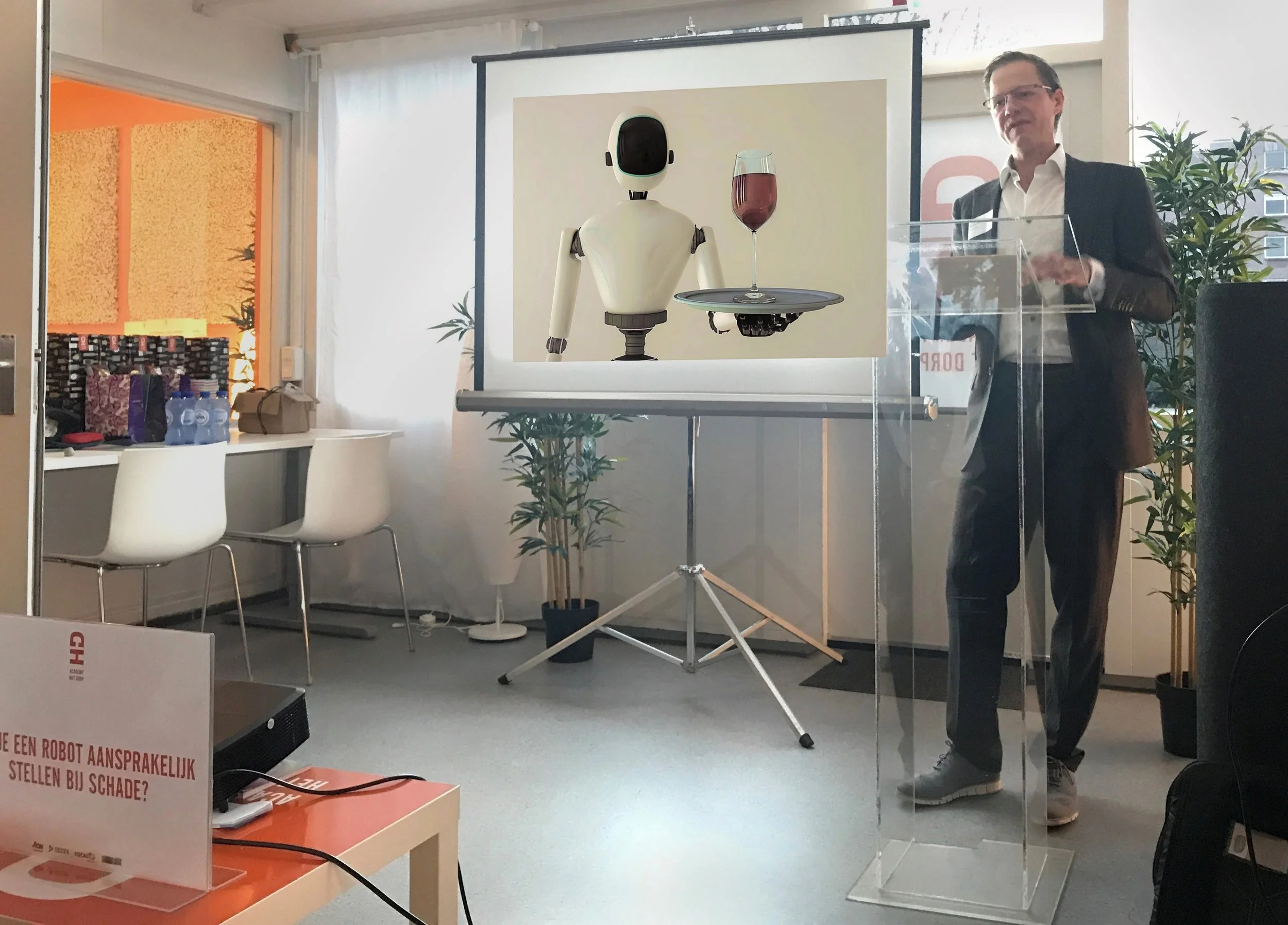State Secretary Mona Keijzer launches Dutch AI Coalition and presents Strategic Action Plan AI for The Netherlands
65 Organizations, including our company AIRecht, are joining forces to ensure that the Netherlands becomes a major player in the field of artificial intelligence (AI).
Kick-off Dutch AI Coalition
More than 65 parties from the business community, government, education and research institutions and social organizations have joined the Dutch AI Coalition that launched on 8 October 2019. The Dutch AI Coalition (NL AIC / Nederlandse AI Coalitie) is a public-private partnership that functions as the catalyst for AI in The Netherlands. From leading multinationals IBM, Philips, Seedlink, Rabobank, KLM, Delft University and Amsterdam University, numerous SMEs to the police and knowledge institutions such as TNO and CLAIRE.
Strategic Action Plan AI of the Dutch Government (SAPAI)
It was a great day for AI-policy and technology driven innovation in The Netherlands. The Strategic Action Plan AI of the Dutch Government (SAPAI) follows a coordinated AI-policy approach on 3 tracks, including the implementation of knowledge and innovation agendas per industry sector (Health, AgriFood, Energy, Mobility), top research in the field of AI, the stimulation of AI entrepreneurship, the promotion of consumer rights and fair digital competition on online platforms, as well as safeguarding public values, human rights and fundamental freedoms through responsible and trustworthy tech, based on our shared European legal and ethical values.
Meer lezen









